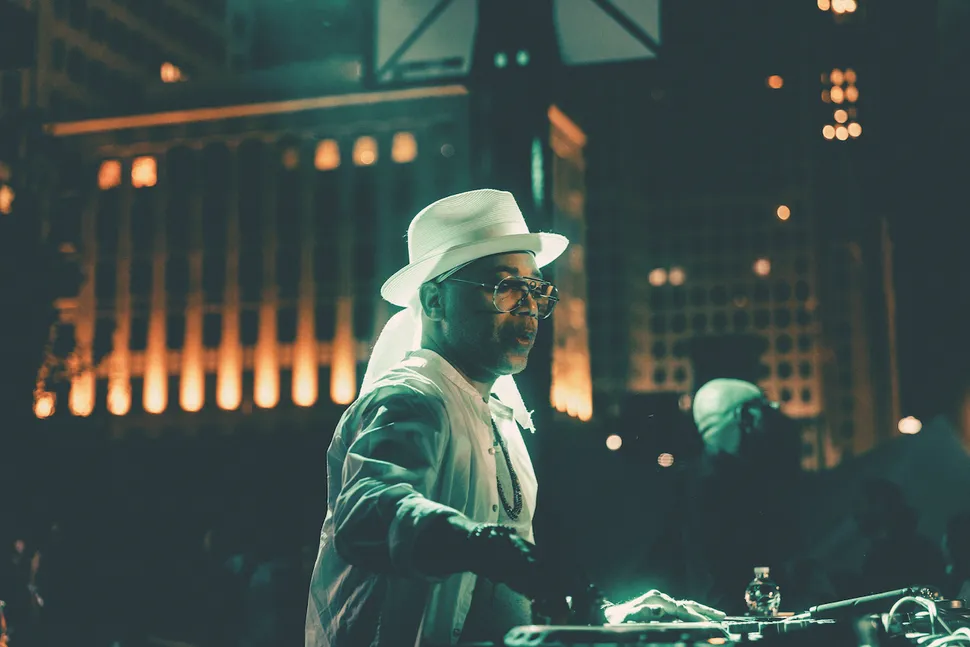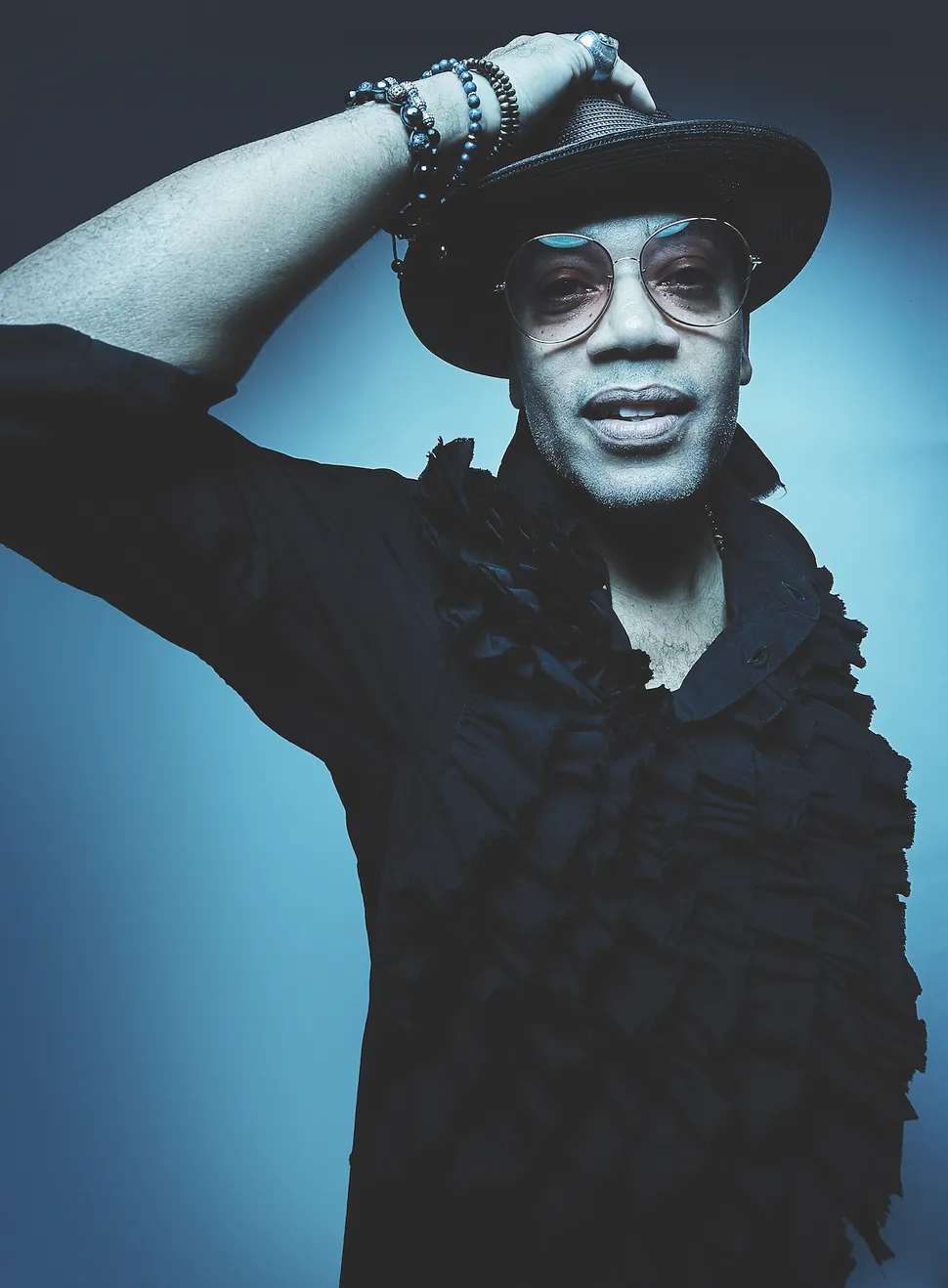
Detroit’s own Carl Craig, a legendary figure in electronic dance music, recently shared insights into his groundbreaking career and the evolution of Detroit’s techno scene. With a career that spans decades and a new documentary titled Desire: The Carl Craig Story premiering at the Tribeca Film Festival, Craig’s influence on the music world is undeniable.
Carl Craig’s name is synonymous with innovation and musical excellence. As one of the pioneers of Detroit’s electronic dance music, he has masterfully blended elements of dance, house, soul, jazz, new wave, and industrial into his unique sound. His discography includes iconic albums like Landcruising (1995), The Secret Tapes of Doctor Eich (1996), More Songs About Food and Revolutionary Art (1997), Programmed (1999), and Versus (2017). Additionally, Craig has crafted hundreds of remixes for artists such as Maurizio, Theo Parrish, and Depeche Mode.
(Image credit: Ollies Journal)Craig’s journey from Detroit to the global stage is chronicled in Desire: The Carl Craig Story, which highlights his rise from modest beginnings to becoming an international DJ and producer. Reflecting on his early connection to music, Craig told BET.com, “I remember looking at the Gordy label going around in circles while listening to ‘Papa Was a Rolling Stone’ by The Temptations. I was completely enchanted by that purple label. That’s when I realized I would always be connected to music.”
As Craig matured, he was drawn to DJing, influenced by Detroit’s turntable maestros and inspired by legends like Prince, Kraftwerk, and Juan Atkins. “Derek May is my main influence as a club DJ,” Craig shared. “We also had a radio DJ called The Electrifying Mojo in Detroit. Jeff Mills was a big influence, and from Chicago, there were Ron Hardy, Frankie Knuckles, Mike ‘Hitman’ Wilson, and Steve ‘Silk’ Hurley. Philly’s DJ Cash Money was also killing it.”
(Image credit: Tim Saccenti)Discussing what sets Detroit techno apart, Craig emphasized its distinct orchestral elements combined with driving beats. “In Detroit, we like to use orchestral string sounds while having a driving beat. You definitely gotta have those hard, house-style beats with heavy bass and those orchestral sounds,” he explained. “There are also little blips and blobs unique to our techno.”
As dance music regains mainstream popularity, Craig highlighted the genre’s often overlooked history and the underappreciated contributions of its creators. “I wish the embrace of dance music was consistent,” Craig lamented. “The Disco Demolition did a lot of harm to dance music in 1979 that we still feel. For Black people, music is always cultural. If it has something for my people, I’m happy with it and want to be part of it.”
Craig also noted Europe’s historical embrace of Black dance artists. “Europe didn’t have the physical demolition, so they weren’t affected. Abba was huge here, and Donna Summer was still huge. France, England, and Germany all have their scenes.”
The Realities of a DJ’s Life

With over three decades of experience, Craig’s documentary aims to reveal the true life of a world-traveling DJ. “I want people to understand how real it is to be on the road. It’s not the fantasy world people think it is. They imagine you’re always playing the best gigs in stadiums, flying first class, and staying in luxurious suites. But that’s not always the case,” Craig said.
Desire: The Carl Craig Story provides an intimate look at the life and legacy of a techno legend, capturing his commitment to his craft and the vibrant Detroit dance scene that continues to inspire him.
Stay tuned to CelebrityHitz.com for more exclusive updates on Carl Craig and the latest in the world of music and entertainment.


